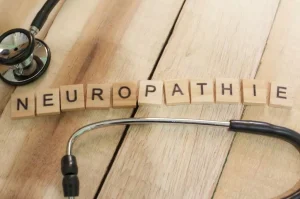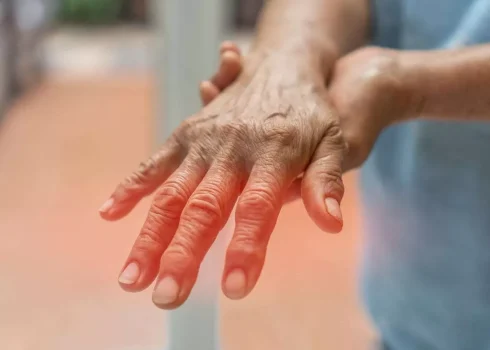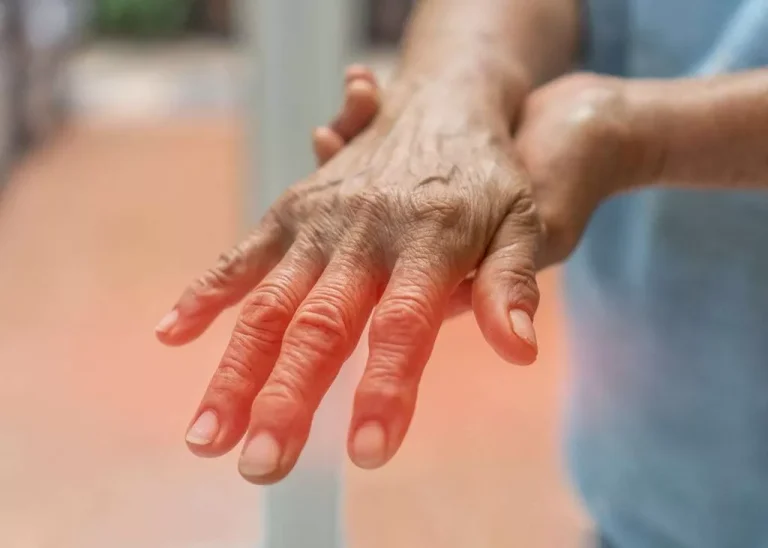
But if you have feelings of anxiety that are constant, overwhelming, or affect your daily life, there are things you can do, and support that is available to help you manage. Alcohol doesn’t directly cause panic attacks, in the sense that those with panic disorder suffer from panic attacks with or without alcohol. There are several reasons for this, which will be discussed below; but the key thing to remember is that those with panic attacks suffer from an issue known as hypersensitivity. While alcohol can make your panic attacks worse, alcohol itself doesn’t cause panic attacks on its own. In other words, even if you stop drinking alcohol, you are likely still going to have panic attacks – you simply won’t have alcohol alcohol and anxiety triggering them. This means that cutting out alcohol can help – but often further action is required in order to take full control of your condition.
What Triggers PNES or Seizure-Like Episodes?

One 2024 meta-analysis of previous studies found that benzodiazepines were more effective than SSRIs at reducing the physical symptoms of anxiety. Both drugs were similarly effective at reducing the psychological symptoms. If you’re wondering about this drug and whether it’s safe for anxiety, read on.
Why Panic Attacks Occur

Cognitive-behavioral therapy (CBT) is a primary treatment for alcohol anxiety. CBT helps individuals identify and change negative thought patterns and behaviors. Therapists may use exposure therapy to gradually reduce anxiety responses to alcohol-related triggers. Stopping heavy alcohol use can lead to withdrawal, which often involves heightened anxiety and panic attacks.
- “Initially, you get a spike in blood sugars because of the alcohol and then a rapid depletion of them leads to feelings that are attributable to anxiety,” Goldberg says.
- What results is a vicious cycle of spiraling depression, increased anxiety levels, and a desperate attempt to feel better by drinking more, which ultimately makes the situation worse.
- Everyone is different and may experience various combinations of the above, which are almost always accompanied by an overwhelming sense of fear and anxiety.
- If you’re still feeling anxious after a few weeks, contact your GP surgery.
Getting Help at Endless Mountain Behavioral Healthcare
- You see, alcohol is a depressant that affects your central nervous system, which means it slows down brain activity and can make you feel more relaxed and carefree initially.
- It is common for people to mistake the intense symptoms of a panic attack as a heart attack or a psychotic episode.
- It’s common for people who drink alcohol to wake up the next day with a distinct sense of worry, panic, unease, or fear.
Anywhere from 7% to 10% of the general population has such an allergy, though it affects about 35% of those with Asian backgrounds. Signs include skin flushes and a feeling of being either wound up or very sleepy. Even if you’re consuming a standard amount of alcohol — a 12-ounce beer or a 5-ounce glass of wine — you’ll experience a mild detox or withdrawal. It takes your body and liver about eight hours to remove what’s essentially a poison. As this is happening, it can affect your central nervous system and cause you to feel jittery or anxious.
This anxiety response can result in a range of cognitive, behavioral, and physical symptoms, including chest pain. Anxiety causes about 30-40% of emergency department cases of low-risk chest pain. Of people with generalized anxiety disorder, about 50% experience chest discomfort or pain. Besides its mental and emotional effects, anxiety can also cause physical symptoms, including chest pain. If you have severe vomiting, seizures, or delirium tremens, the safest place for you to be treated is in a hospital. For delirium tremens, treatment in an intensive care unit (ICU) is often required.
Panic Attacks Can Be Controlled
But after the alcohol wears off, you can start to feel your anxiety come back even stronger. About 3.1% of the U.S. population is affected by generalized anxiety disorder, according to the Anxiety & Depression Association of America. If you’re feeling nervous about being in a social setting, you may pour yourself a glass of wine to self-regulate any stress. Once you’ve cut down your drinking (or stopped drinking altogether), keep going like this for a couple of weeks. If you experience sudden, intense anxiety and fear, it might be the symptoms of a panic attack.13 Other symptoms may include a racing heartbeat, or feeling faint, dizzy, lightheaded, or sick. In this case, alcohol can be especially harmful, potentially triggering and exacerbating panic attacks.

Track Your Alcohol Consumption
Your doctor will assess your nutritional status and check for vitamin deficiencies. Alcohol has a slowing effect (also called a sedating effect or depressant effect) on the brain. In a heavy, long-term drinker, the brain is almost continually exposed to the depressant effect of alcohol. Over time, the brain adjusts its own chemistry to compensate for the effect of the alcohol. If the alcohol is withdrawn suddenly, the brain is like an accelerating vehicle that has lost its brakes. Not surprisingly, most symptoms of withdrawal are symptoms that occur when the brain is overstimulated.
Social Embarrassment
Every day most of us experience minor aches, pains, heart rhythm changes, and so on. Most people barely notice them, or pass them off as if they’re not important. Those with panic attacks are far more likely to notice them, and this may result in a flood of anxiety that can lead to a panic attack. If you are concerned that you are experiencing panic attacks alcoholism symptoms as a result of your alcohol consumption, it is recommended that you cut down or completely stop drinking. Drinking alcohol on a regular basis can result in your body building up a tolerance to this substance over time.
